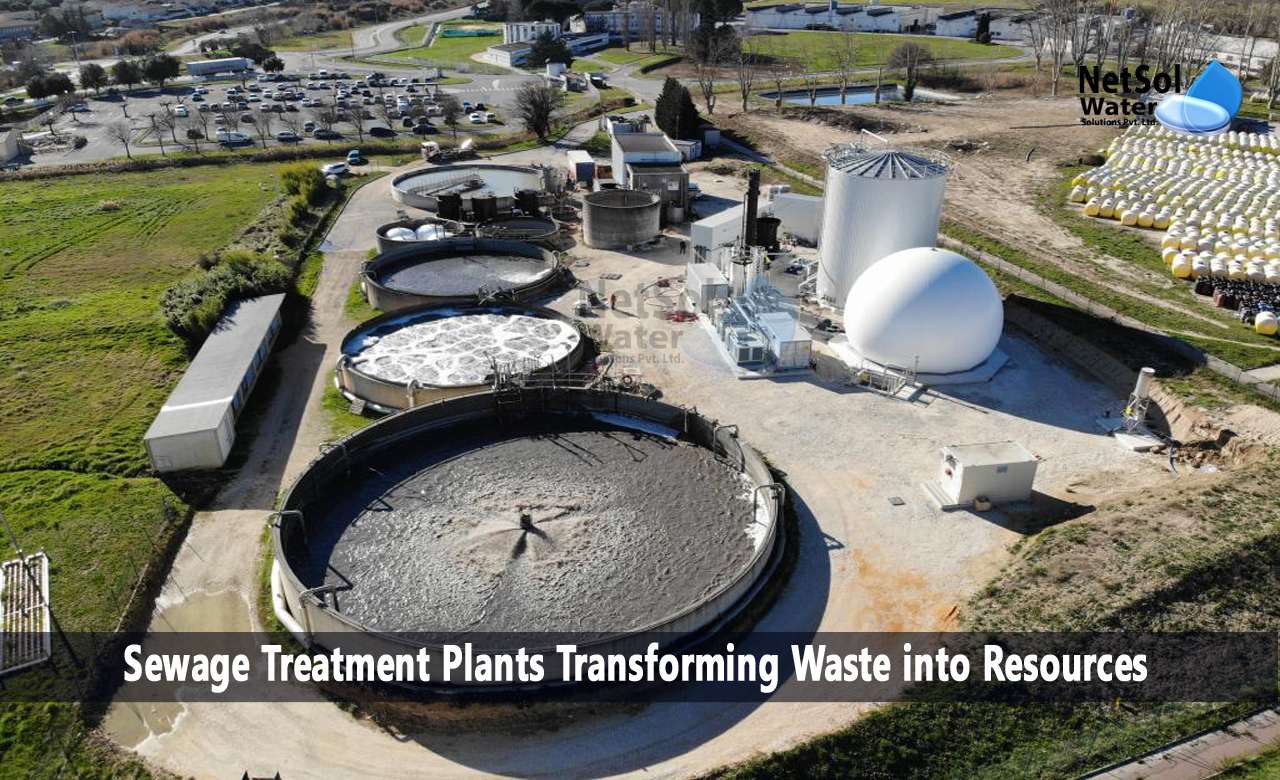As the world becomes more conscious of the environmental impact of industrial processes, the manufacturing industry is increasingly seeking ways to become more sustainable and environmentally responsible. One crucial step toward achieving this goal is the integration of sewage treatment plants into manufacturing facilities.
In this blog, we will explore how sewage treatment plants can serve as a catalyst for environmental leadership in the manufacturing industry, and the benefits it brings to businesses, communities, and the planet.
The Manufacturing Industry's Environmental Responsibility
The manufacturing industry has traditionally been associated with significant environmental challenges due to its resource consumption, waste generation, and carbon emissions. However, modern businesses are recognizing the importance of adopting sustainable practices to reduce their ecological footprint and preserve natural resources. Sewage treatment plants offer a unique opportunity for manufacturers to address their environmental responsibilities effectively while improving operational efficiency and ensuring compliance with regulations.
How STP Plants Transforming Waste into Resources?
Sewage treatment plants can revolutionize the way manufacturers approach waste management and resource utilization. By treating and repurposing wastewater within their facilities, businesses can achieve several environmental and operational benefits:
- Water Conservation: By implementing sewage treatment plants, manufacturers can recycle and reuse water from various processes. This reduces the demand for freshwater sources, minimizes water stress on local ecosystems, and ensures a more sustainable water supply for both the business and the surrounding community.
- Waste Reduction and Pollution Prevention: Traditional wastewater discharge can harm ecosystems and contaminate water bodies. Sewage treatment plants mitigate these risks by removing pollutants and harmful chemicals from wastewater, preventing water pollution and safeguarding the environment.
- Renewable Energy Generation: Anaerobic digestion processes in sewage treatment plants can produce biogas, a renewable energy source primarily composed of methane. Manufacturers can capture and utilize this biogas to generate heat and electricity, reducing reliance on non-renewable energy sources and decreasing greenhouse gas emissions.
- Nutrient Recovery: Sewage treatment plants facilitate the extraction of valuable nutrients, such as nitrogen and phosphorus, from wastewater. These nutrients can be repurposed as fertilizers for agriculture, reducing the need for synthetic alternatives and promoting a circular economy approach.
- Compliance and Reputation: Integrating sewage treatment plants demonstrates a commitment to environmental stewardship, compliance with regulations, and responsible business practices. This commitment enhances a company's reputation among customers, investors, and the wider community, leading to increased trust and loyalty.
The Path to Environmental Leadership
To establish themselves as environmental leaders, manufacturers can take several steps toward integrating sewage treatment plants into their operations:
- Conduct a Comprehensive Environmental Assessment: Evaluate the environmental impact of current wastewater management practices and identify areas for improvement. Determine the feasibility of implementing a sewage treatment plant within the facility and assess the potential benefits it can offer.
- Collaborate with Experts: Seek guidance from environmental consultants, engineers, and technology providers specializing in wastewater treatment and resource recovery. Their expertise can help design and implement a tailored solution that meets the specific needs and goals of the manufacturing facility.
- Invest in Advanced Technologies: Explore innovative sewage treatment technologies such as membrane filtration, activated sludge systems, and anaerobic digestion. These technologies offer efficient and effective treatment processes, resource recovery capabilities, and a high level of automation, ensuring optimal performance and long-term sustainability.
- Engage in Partnerships and Knowledge Sharing: Collaborate with industry peers, environmental organizations, and research institutions to share best practices, lessons learned, and technological advancements. Participating in industry forums and conferences can provide valuable insights into emerging trends and innovative solutions.
Conclusion
The integration of sewage treatment plants represents a transformative opportunity for the manufacturing industry to become a frontrunner in environmental leadership. By treating and repurposing wastewater, businesses can conserve water resources, reduce pollution, generate renewable energy, and contribute to the circular economy. Embracing sewage treatment plants not only aligns with sustainable development goals but also enhances a company's reputation, fostering customer loyalty and attracting environmentally conscious investors. As manufacturers adopt these practices, they pave the way for a more sustainable future, where industries coexist harmoniously with the environment.
Netsol Water is Greater Noida-based leading water & wastewater treatment plant manufacturer. We are industry's most demanding company based on client review and work quality. We are known as best commercial RO plant manufacturers, industrial RO plant manufacturer, sewage treatment plant manufacturer, Water Softener Plant Manufacturers and effluent treatment plant manufacturers. Apart from this 24x7 customer support is our USP. Call on +91-9650608473, or write us at enquiry@netsolwater.com for any support, inquiry or product-purchase related query.



